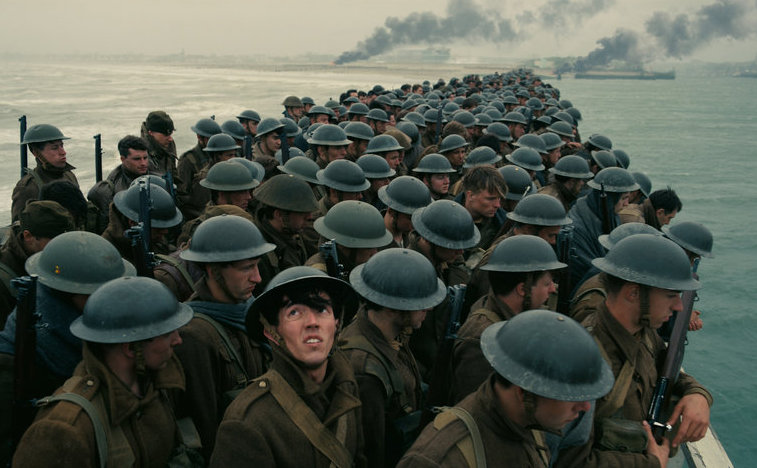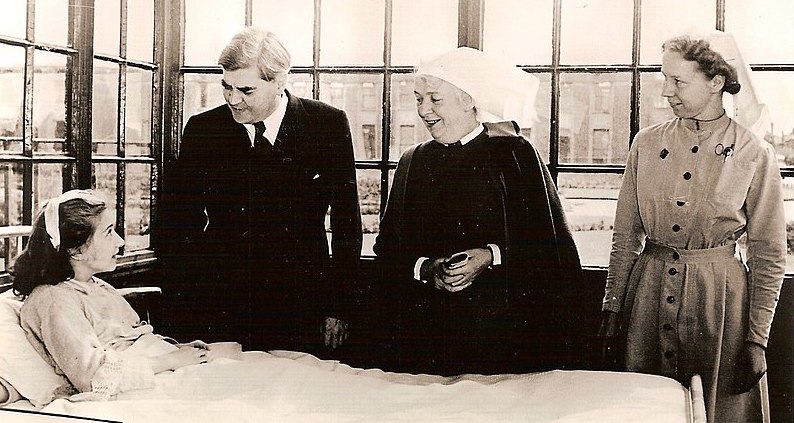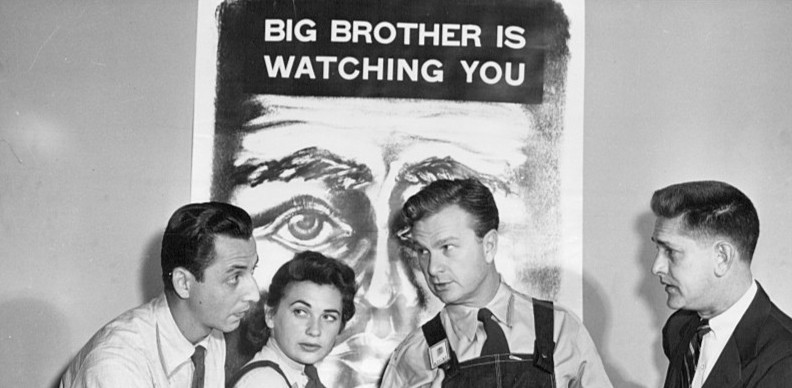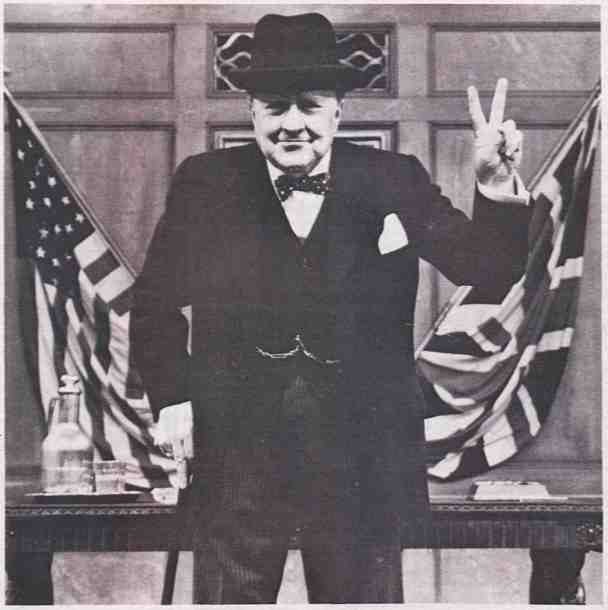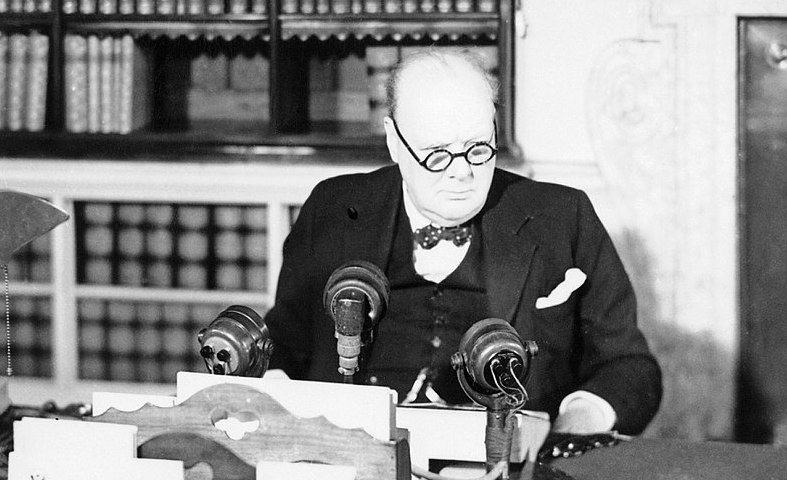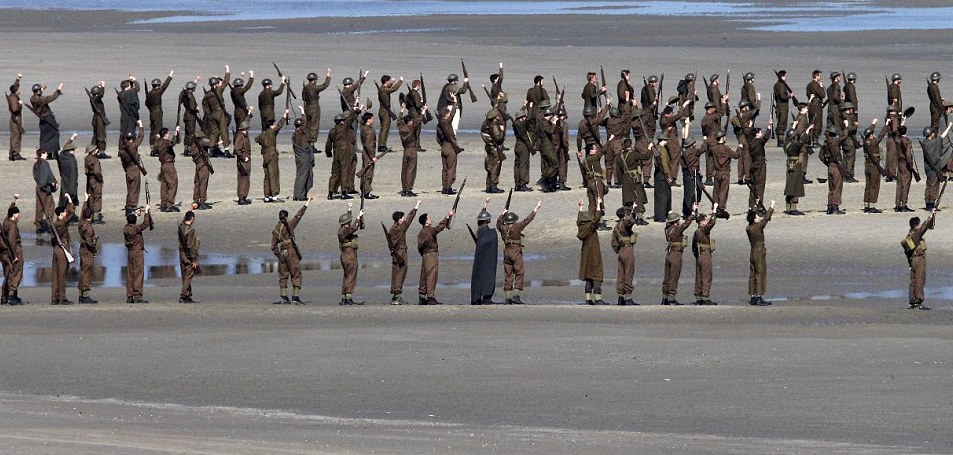
Nolan’s Dunkirk: “Don’t Let’s Be Beastly to the Germans”
(Reviewed for the Hillsdale College Churchill Project.) Dunkirk, produced by Christopher Nolan, sets out to portray the 1940 rescue of the Allied armies from the clutches of Hitler’s Wehrmacht in terms of courage, heroism, survival, and a few examples of cowardice. In that he succeeds admirably. In terms of context—in conveying an understanding of what Dunkirk was about—he fails utterly.
Drama Sans MeaningMr. Nolan says context wasn’t the aim. Dunkirk is about communal togetherness and universal goodness. But that could be shown on any beach in any war in the last hundred years from Gallipoli to Normandy to Inchon.…

